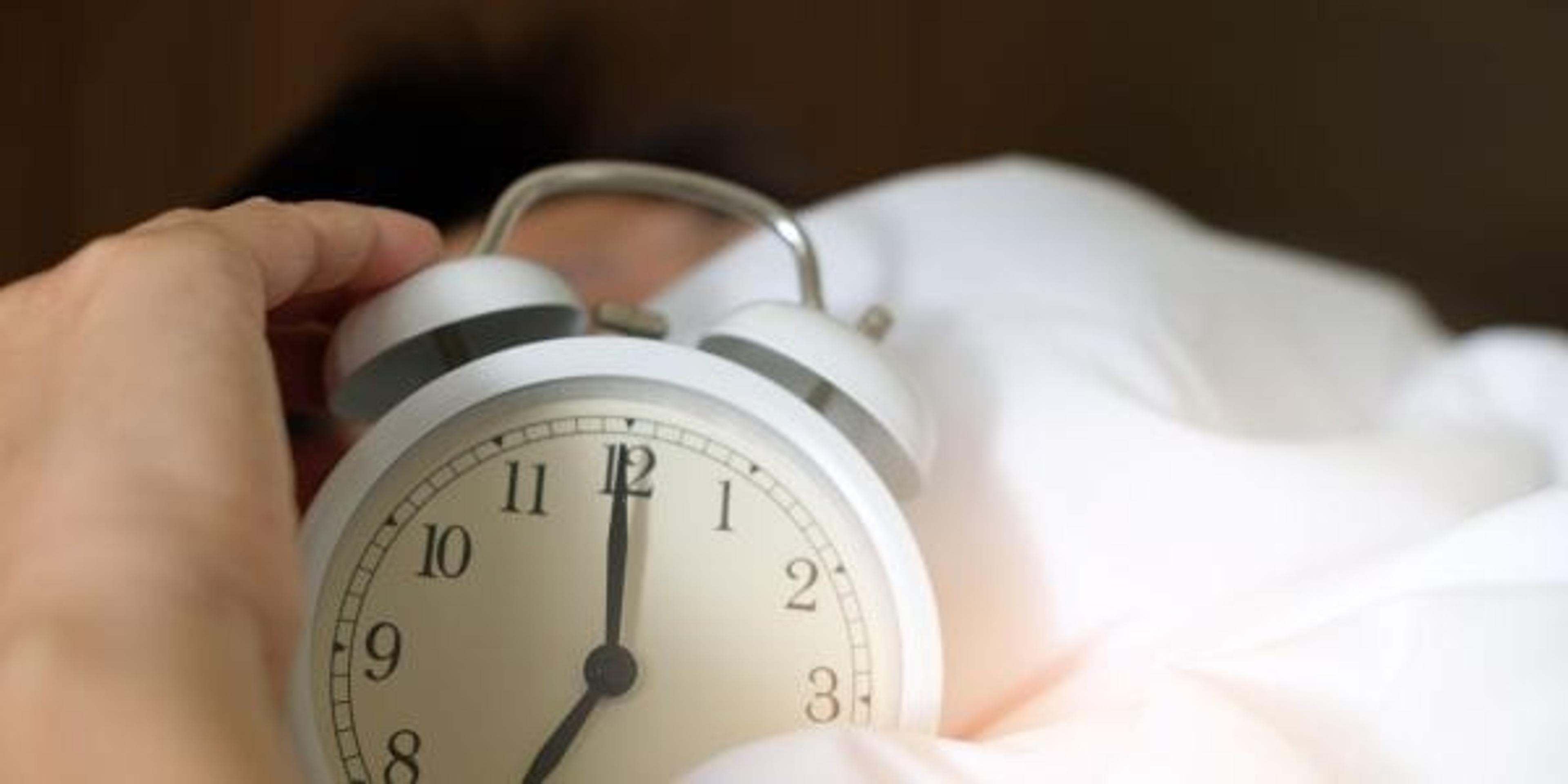Feeling a little groggy this afternoon? Maybe you need a nap
Brandon Burbank
| 2 min read


The day to day grind can leave anyone feeling sleep deprived. Napping right can alleviate the struggle to stay awake throughout the day.
A short nap can reboot your body allowing yourself increased alertness, productivity, creativity and reduced stress. Although naps are the go-to solution for groggy adults looking to catch a few zzz’s, doing it wrong can leave one feeling even more tired than before dozing off.
Napping is both art and science, and understanding how to nap properly will allow you to overcome sluggish behavior. Here are a few tips to help you get the most out of your nap.
Take a nap for 10-30 minutes – Any longer and you’ll wake up feeling groggier than you did before your nap. To avoid sleeping longer than 30 minutes, set an alarm on your phone or clock to ensure full optimization of your nap.
Avoid naps if you suffer from a sleep disorder – If you suffer from insomnia or sleep apnea, avoid naps. Those with sleep disorders who nap are more likely to find themselves having difficulty falling asleep at night. If you suffer from insomnia, doing yoga poses before bed can help you fall asleep faster and sleep longer.
Nap mid-afternoon – The ideal nap time is around 2 or 3 p.m., avoid naps any later than mid-afternoon. Napping during this time is less likely to interfere with getting to sleep at night. Your sleeping schedule will ultimately play a role in the time naps taken will be beneficial.
Don’t substitute napping for a full night’s rest – Getting a full night’s sleep is the ideal goal for anyone looking to feel well rested. Naps should be used as a way to recharge your body, rather than using it as a short-cut to catch up on sleep. If you catch yourself dreaming while napping, this can be a sign of sleep deprivation; this means you’re experiencing rapid eye movement, which isn’t supposed to happen until roughly 90 minutes within your sleep cycle.
Check out these blogs if you enjoyed this one:
Photo credit: Asaf





